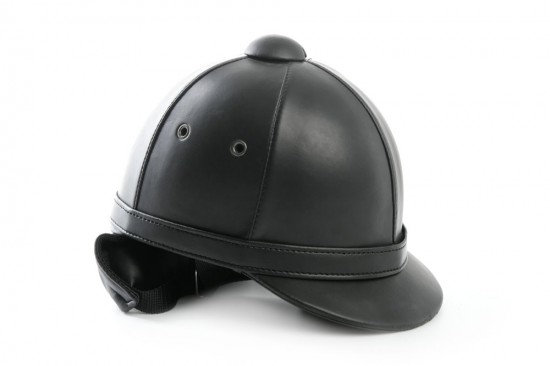All gun dogs, including Golden Retrievers, Cocker and Springer Spaniels, Pointers and Setters to name just a few, are extremely popular house dogs. This is because they are typically kind and receptive breeds and make good family pets. The Labrador is the most widespread breed in USA and Great Britain, well above any other breed.
The history of the Labrador all started when the British upper classes took immense interest in dogs arriving from Newfoundland that were used to drag fishing nets on the seashore, and these were used to develop the Labrador Retriever and the Golden Retriever breeds that we see today.
All gun dog breeds have their beginings in the 1700s when the use of firearms for hunting grew to be a new passtime among the land-owning classes. The dogs needed to understand quite complicated orders, pursue scent trails and perhaps swim. These gundogs needed to listen to and obey complicated directions and have a willingness to be taught. Even though black Labradors were originally favored, chocolate and yellow were accepted by the 1900s, and acquired massive recognition world wide thereafter.
Qualities of Labradors
Labradors are enthusiastic and active dogs who enjoy life. They often take more time to mature out of puppyhood - around three or more years as compared with the two years for most dogs. Lots of owners will advise you their Labrador never left puppyhood! This characteristic liveliness and puppy conduct is what makes the breed so attractive to many owners, but it takes a lot of time, energy and dedication from the owner to guide and control this excitement and high spirits.
There are two distinctive varieties within the Labrador breed. Generally household dogs are of the sturdy 'box' profile weighing in at roughly 66 to 88lbs. The working dog part of the breed are usually smaller and trimmer at about 50-55lbs with a higher energy level than the larger family dogs. The character of these working dogs is frequently more akin to Springer Spaniels.
All Labradors are high octane dogs who, if they could speak, would shout 'More!', 'Again!', 'Me, Me, Me!' However they are brilliant friends and family pets though tremendously time-consuming particularly as puppies and young dogs.
The adaptability and intellect of the breed has led it to be utilised in a range of jobs - not merely as a gun dog. Police work as sniffer dogs for drugs and explosives, guide dogs for the blind and search and rescue are just a few of the ways the Labrador is utilized.
Homes for Labradors - Can You Meet the Challenge?
Labradors are challenging and spirited dogs even while (or perhaps if!) they progress into adulthood. They need constant psychological and physical stimulation to keep them busy. Obviously, these dogs will need a dynamic family that is active and constantly on the go. They need considerable exercise so they won't suit the quiet, stay at home types! They are normally excellent with kids and are mostly very tolerant and calm - but still mischievous and great fun, making them ideal domestic pets.
You will need to brush the dog only once a week so they are less demanding as far as dog grooming goes, but have a tendency to moult a lot so beware! You will need to spend time training your Labrador and this should happen early on with the puppy, preferably the moment he arrives in your home. When trained in the essentials you could move forward towards advanced training, agility or even showing your dog if he is a decent example of the breed. No matter what you go for just be certain that you keep your dog busy!
There may be health problems with your Labrador Retriever. The popularity of the breed has unfortunately led to indiscriminate breeding and there are over 25 identified inherited medical troubles linked with the breed. There are, however, certificate programmes to try to lessen a number of these such as canine eye conditions and joint conditions. Confer to your vet - if viable before you purchase a Labrador puppy - to get a comprehensive understanding of the issues.

 Making A Perfect Arrangement For Your Loved Ones
Making A Perfect Arrangement For Your Loved Ones
Making A Perfect Arrangement For Your Loved Ones
Making A Perfect Arrangement For Your Loved Ones
 Dog Leukemia Facts And Canine Leukemia Natural Remedies
Dog leukemia or canine leukemia is a specif
Dog Leukemia Facts And Canine Leukemia Natural Remedies
Dog leukemia or canine leukemia is a specif
 How To Choose A New Horse Riding Hat
How To Choose A N
How To Choose A New Horse Riding Hat
How To Choose A N
 Companion Parrots - Gratification Of Living Together
You’re Companion Parrot
Having a companion parrot is
Companion Parrots - Gratification Of Living Together
You’re Companion Parrot
Having a companion parrot is
 Importance of Proper Training and Grooming for Your Dog
Importance of Proper Training and Grooming for Your Dog
Importance of Proper Training and Grooming for Your Dog
Importance of Proper Training and Grooming for Your Dog